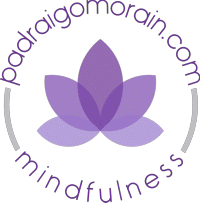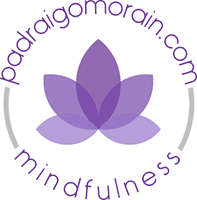
We can’t always have something to celebrate for ourselves when our emotional mood is low. But taking pleasure in the good fortune of other people can help lift the gloom. It is, if you like, a way to light a candle in the darkness.
This often neglected approach is part of the philosophy behind mindfulness. Mindfulness, as we practice it today, is derived from Buddhist philosophy and one traditional Buddhist approach, called Mudita, expresses this idea.
Positive Empathy
In Western psychology it is called positive empathy. Empathy means appreciating or understanding or sensing how another person feels. Often we bring this into play when we sense that another person is suffering.
In positive empathy, or Mudita, we bring our awareness to another person’s happiness, joy or pleasure. We then allow ourselves to share that happiness.
Reward centres
We know from research that taking pleasure in another person’s happiness and wishing them well activates reward centres in the brain so that we ourselves feel rewarded.
Cultivating joy has always been a somewhat unacknowledged part of Buddhist philosophy. One way to cultivate that the joy, especially when there isn’t much of it in your own day, is to feel joyful for someone else’s good fortune.
Try this:
Call to mind someone you know and like and think of that person receiving good news or in some other way having an experience that brings them happiness. Let your awareness rest on their happiness for a little while. Say silently to them, Be happy, be well. Now think of the fact that people all over the world are experiencing moments of happiness just now. They also have unpleasant experiences, just like you, but right now they’re having a moment of happiness. Now say silently to them, Be happy, be well.
Try repeating this practice for a few minutes a few times a day. it’s an act of friendship towards other people that will also benefit you.
It’s also a form of compassion towards other people and of self compassion.
To build on this:
My online course True Friend, on self-compassion will introduce you to this and other ways to help you feel better about yourself as well as others. Payment is by donation so it’s affordable to all.










